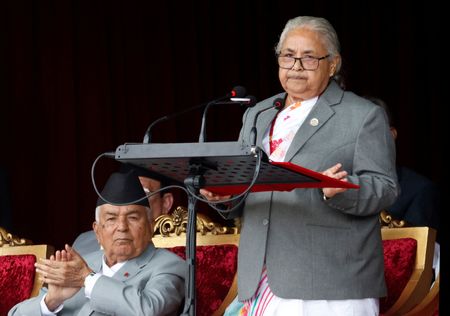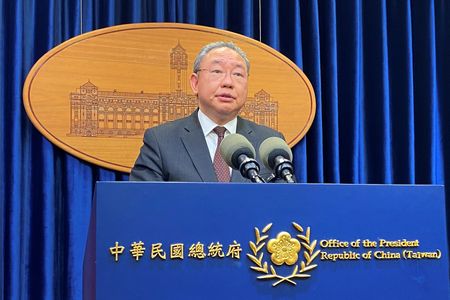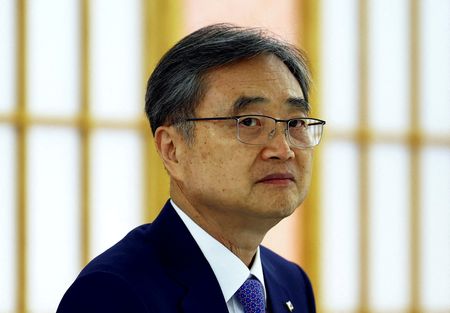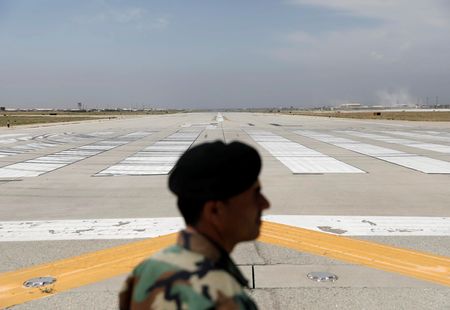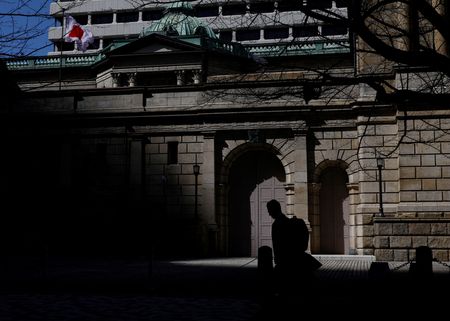By Panarat Thepgumpanat and Chayut Setboonsarng
BANGKOK (Reuters) – Thailand’s King Maha Vajiralongkorn on Friday approved Prime Minister Anutin Chanvirakul’s first cabinet, paving the way for a new government to deliver a key policy statement as early as September 29 to address a raft of economic challenges, including a surging currency.
A discussion next week between the whips of three major political parties will determine the exact date of the policy address in parliament, which will take place between September 29 to October 1, the ruling Bhumjaithai Party spokesman Paradorn Prissananantakul told Reuters.
The policy statement is a crucial part of the political transition in Thailand, allowing an incoming administration to take on its duties in full and formally commence governing.
The royal endorsement of the new cabinet came as the baht hovered at around 31.83 per dollar on Friday, its highest levels in four years.
The baht has soared around 8% so far this year, the second largest gain among Asian currencies, behind only the Taiwan dollar.
Thailand’s central bank has intervened to slow the Thai currency’s movement, an assistant governor said on Friday, adding that the recent surge was driven by a weaker dollar, a current account surplus and gold trading as well as an increase in political clarity under the new government.
The strengthening of the currency is a threat to exports and tourism, two key growth engines for Thailand’s stuttering economy, and poses a major economic headache for the new administration.
Southeast Asia’s second-largest economy is forecast to expand between 1.8% to 2.3% this year, according to the state planning agency, less than last year’s 2.5% growth, which already lagged regional peers.
Anutin, who previously served as deputy prime minister, has listed the economy as one of his government’s four main priorities, and promised to take immediate action to reduce the cost of living for struggling Thais.
Finance Minister Ekniti Nitithanprapas said on Thursday that the government would work with central bank, which will have a new governor in place next month, to monitor the baht and keep an eye out for suspicious capital inflows and gold trades.
(Reporting by Panarat Thepgumpanat, Writing by Chayut Setboonsarng, Editing by Devjyot Ghoshal and David Stanway)


